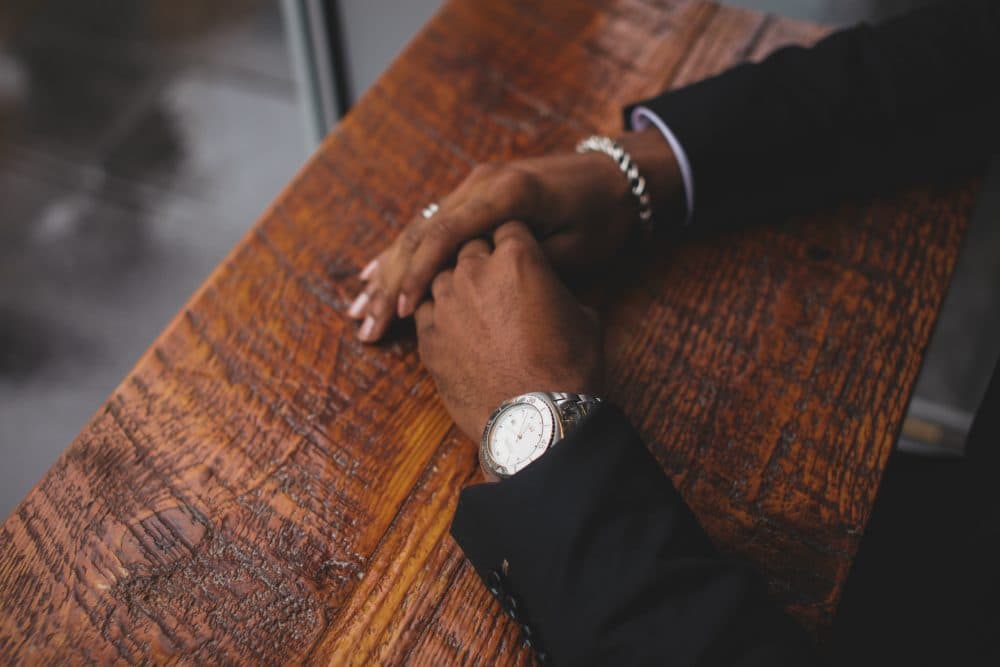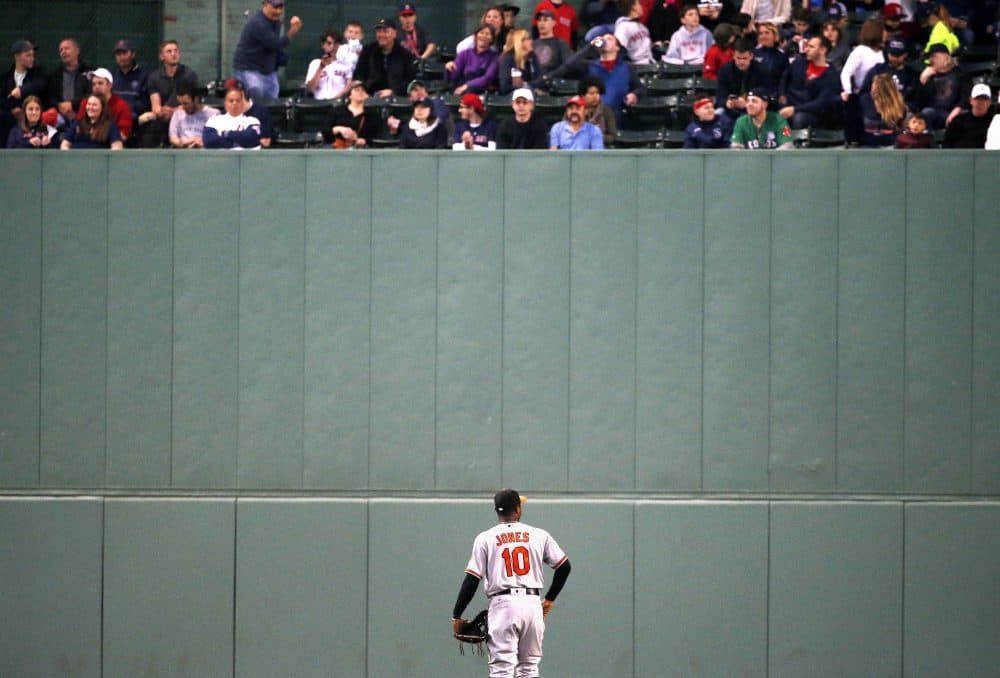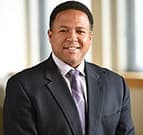Advertisement
Commentary
Boston’s Subtle Racism Needs To Be Addressed

Fenway Park made international news earlier this month after Adam Jones, the Baltimore Orioles' center fielder, told reporters that a Sox fan had called him the N-word before a bag of peanuts was hurled at him. (He referenced the incident again over the weekend when he donated $20,000 to the Negro Leagues Baseball Museum in Kansas City.) The night after Jones reported the incident, another fan was kicked out of the park -- banned for life -- after he used that same ugly epithet to describe the Kenyan singer of the national anthem.
The Red Sox organization moved aggressively to apologize to Jones and denounce the act. The fact that the fans gave a standing ovation for Jones the following night and the incident with the Kenyan singer was reported by a 35-year-old white male fan gave me more hope.
A few nights after these incidents, I attended the Greater Boston Chamber of Commerce meeting and heard the mayor, the governor and leaders like businessman John Fish and Carol Fulp, CEO of The Partnership Inc., talk about our shared responsibility and the work ahead. Boston is a liberal bastion, a city of academia and innovation (and championships, at least in recent years), but it has a notorious and well-documented history of racism. Is this the moment we finally address it?

My mom grew up in the 1950s in Greenwood, Mississippi, 11 miles down the road from where Emmett Till was murdered and dumped, unrecognizable, into the Tallahatchie River. She experienced a more virulent form of racism than what exists today — racism in 2017 is (usually) less overt.
I have my own experience with being called the N-word and the blatant forms of racism over my 46 years, but more prevalent is the subtle racism of eyebrows raised in surprise when people hear that I golf and play tennis. When they learn I am a vice president at the oldest philanthropic institution in town. When they discover my wife, also black, is a tenured business school professor at a top-tier institution. “Well, that’s something,” those raised eyebrows tell me.
I’ve experienced enough of these small infractions — what we call microaggressions — to know that they aren’t intentionally meant to harm. But their accumulation over time, combined with the occasional blatant racism, forces me to question my right to my life. It’s exhausting having to regularly convince myself that I belong. And it’s a burden of history that many non-blacks aren’t asked to carry.
Georgetown sociology professor and author Eric Michael Dyson writes, “Institutional racism is a system of ingrained social practices that perpetuate and preserve racial hierarchy ... it requires neither conscious effort nor individual intent.”
This ingrained system — which is as natural to people accustomed to the power of privilege as playing Frisbee on the academic quad — makes it possible to dismiss the episode at Fenway as a one-off. We must consider the word he chose to use as an insult. The N-word, Dyson writes, bridges the gap between the present and a hateful past, “... the menace it implies is portable; it shows up wherever a white tongue is willing to suggest intimidation and destruction.”
When the perpetrator chose to hurl the N-word at Adam Jones, what did those Red Sox fans around him do? Did anyone call him out? Report it to an usher? Or did folks take the easy way out, head down, mumbling about a “drunken idiot” to their immediate neighbors or into their beers?
“In the end, we will remember not the words of our enemies, but the silence of our friends,” Dr. Martin Luther King Jr. said. About 30 percent of Boston’s residents are immigrants and a majority identify as people of color. Our challenge is to create the expectation of a culture in Boston where people of privilege — white people, wealthy people, educated people — understand their obligation to stand up for what’s right. What we saw at Fenway was a display of intolerance so damaging to people of color that it shouldn’t be tolerated ever, no matter how inconvenient it is to address.
It’s exhausting having to regularly convince myself that I belong. And it’s a burden of history that many non-blacks aren’t asked to carry.
Earlier this month, I was privileged to attend the Profile in Courage Award ceremony at the JFK Library in Boston. The award was given to President Obama, our nation’s first black president — but the joy and pride I felt was dimmed as I mourned another senseless killing of a black boy, 15-year-old Jordan Edwards, by a police officer in Texas.
The presidential campaign and election of Donald Trump has brought a resurgence of white nationalism and a culture in which people are emboldened to blame societal problems and unwanted change on “the others” — blacks, immigrants, members of the LGBTQ community and so on. Self-proclaimed allies to these communities must be ever fiercer in their stand against racism and discrimination.
Yes, we have work to do, and we need everyone to step up.
